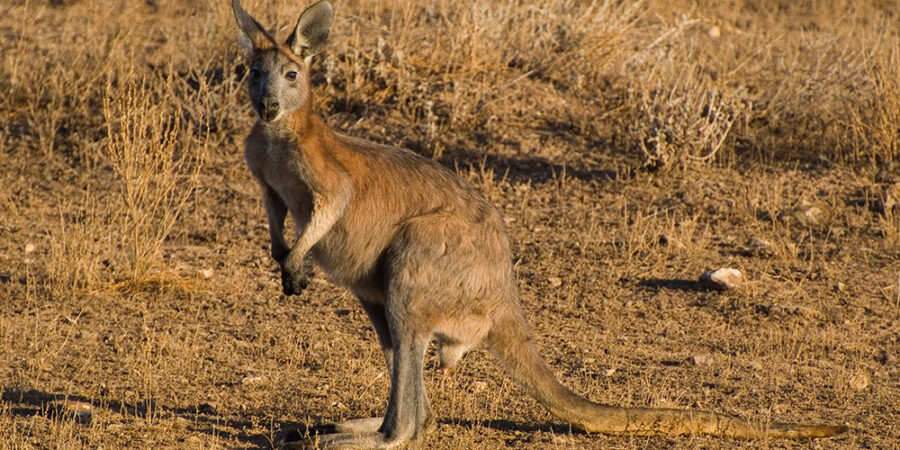5. Starving animals will be driven into urban areas
Many animals have been fighting a losing battle against the effects of climate change upon their natural environments. Polar bears, for example, have been pushed to the very edges of their habitats as ‘snow zones’ diminish, leaving them with nowhere else to call home.
Desperate polar bears have begun wandering into human towns in search of food. These bears are usually tranquilised (or thrown into “bear jail”!) then shifted back into the wild. But facing starvation, the bears have no choice but to risk raiding towns again. The fate of these “repeat offenders” is unknown …
While this doesn’t paint a promising picture of the future, the good news is that the IPCC says there’s still time for us to act. So here are 5 simple ways you can help combat climate change for the animals (and all of us)!













